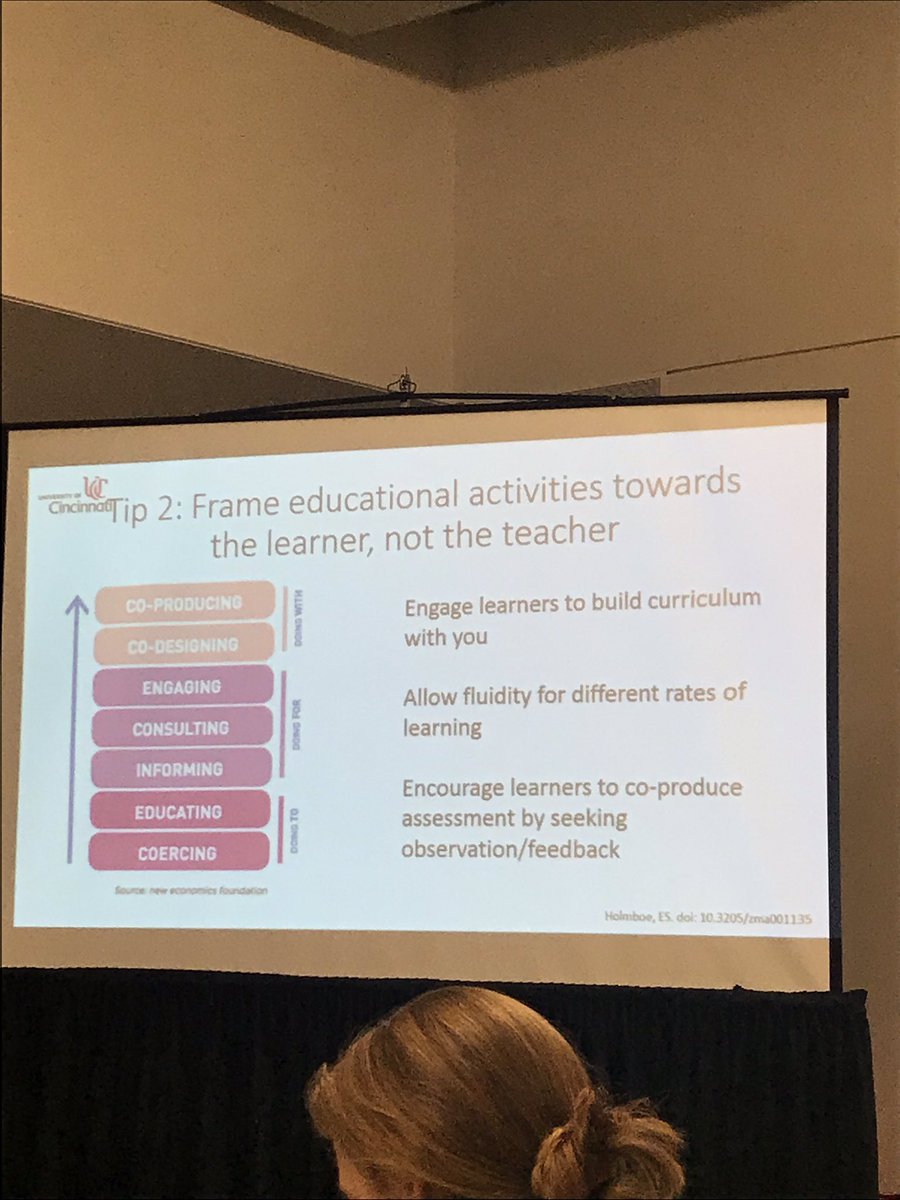
I am a regular listener of @Royal_College #KeyLimePodcast. I love the quick reviews of high impact, current #MedEd literature. This recent episode stirred up a lot of thoughts, enough for me to listen 3 times, and thought I would share in a thread. 1/
keylimepodcast.libsyn.com/301-waiting-fo…
keylimepodcast.libsyn.com/301-waiting-fo…
On this episode, @LaraVarpio @drjfrank @sherbino and @LindaSMedEd review a 2020 conceptual paper by @APSawatskyMD et al: Coaching versus competency to facilitate professional identity formation.
journals.lww.com/academicmedici…
journals.lww.com/academicmedici…
The authors use a case scenario to demonstrate the tension between a learner who embodies a #growthmindset by demonstrating #vulnerability, which in turn negatively influences her career development.
@drjfrank argues that this paper relates to burning topics in #MedEd - #assessment for learning vs. assessment of learning, professional identity formation, and #psychologicalsafety. How can we design assessment systems dedicated to development of professionals to be their best?
I agree w/ @LaraVarpio - this paper presents a coherent narrative from 2 bodies of literature. It highlights challenges of implementing #programmaticassessment and embodying #growthmindset in a traditionally hierarchical #MedEd culture that rewards perfection rather than progress
I loved the shout-out to the @ottawapmrr program - I graduated from this program (and participated in this study about open #feedback #culture: bit.ly/3q6Qrzw). It highlights the importance of #relationship b/w feedback giver and receiver in an open feedback culture.
But it is more complex than this. The hosts remain split on the solution to the tension between #assessment of and for learning. Can a #coach also be an assessor? To include interprofessional assessors or not?
I was immediately reminded of this article by Govaerts, @CvanderVleuten and @boedudley about the Polarity Principle: onlinelibrary.wiley.com/doi/full/10.11…
Each solution will have (+) and (-). Not one solution will fit all contexts. We must consider tensions between polarities, potential upsides and downsides of each pole.
"Polarities are not problems to be solved; tensions between poles are unavoidable and must be leveraged."
"Polarities are not problems to be solved; tensions between poles are unavoidable and must be leveraged."
Solutionism is not the approach to "fixing" this complex, messy problem. We must engage end-users (read: learners) to help us educators develop feasible ways to acknowledge and address these tensions in our assessment systems.
ncbi.nlm.nih.gov/pmc/articles/P…
/end
ncbi.nlm.nih.gov/pmc/articles/P…
/end
• • •
Missing some Tweet in this thread? You can try to
force a refresh




